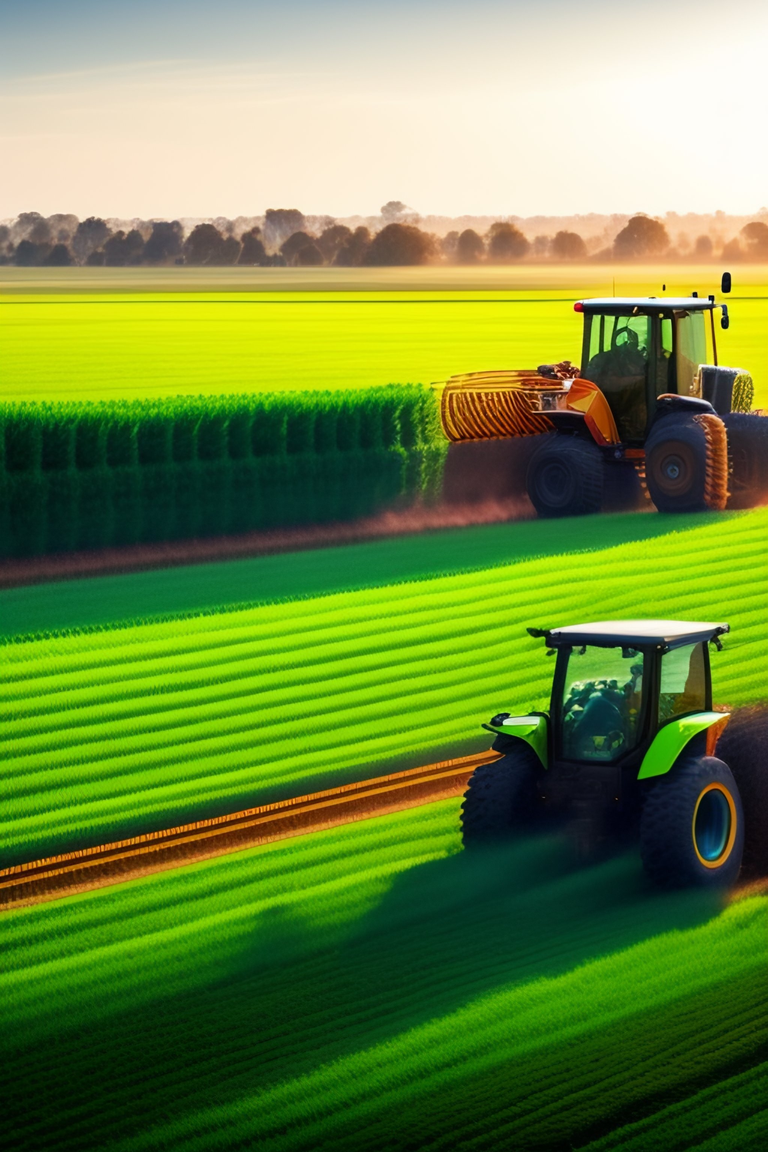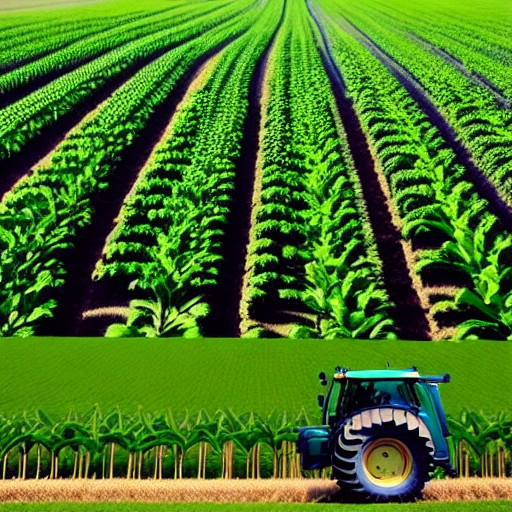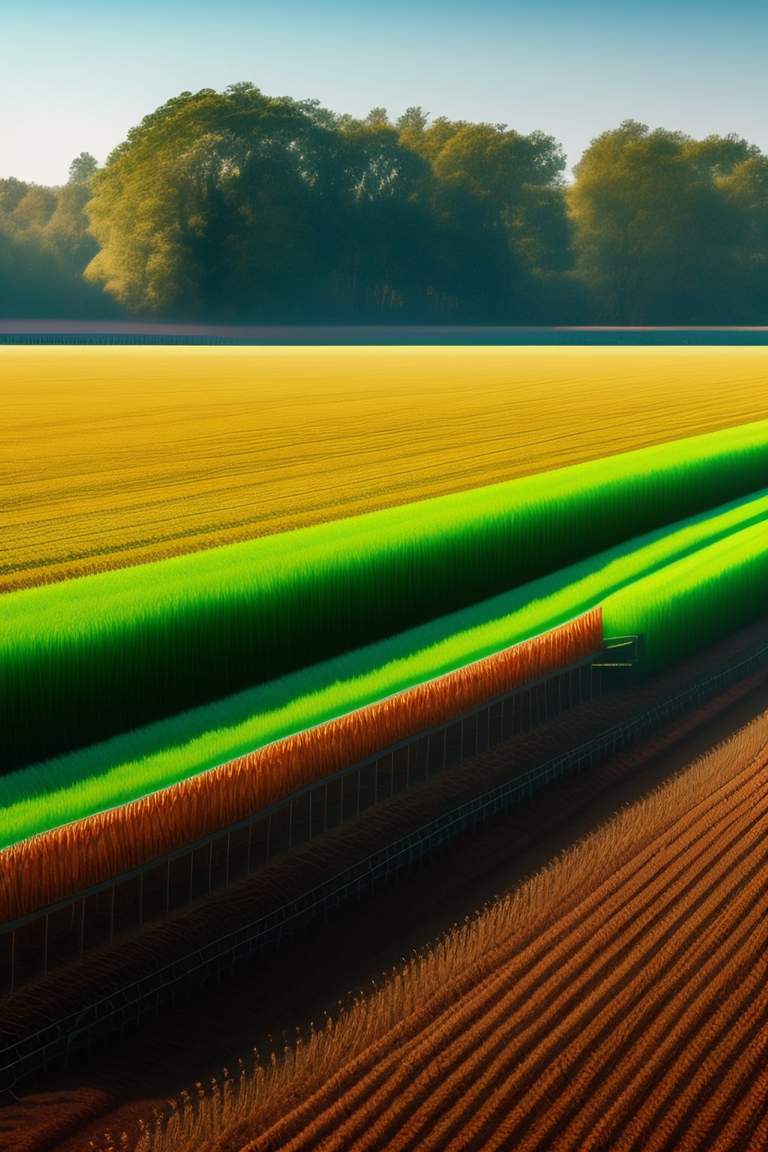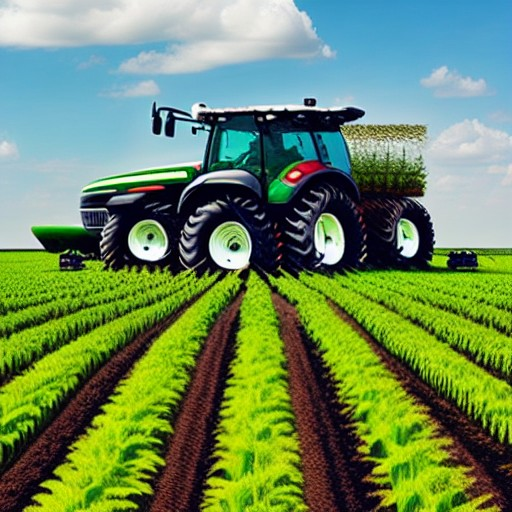The Benefits of Using Technology in Agriculture
Technology has revolutionized many aspects of modern life, and agriculture is no exception. Advancements in technology have made farming more efficient, sustainable, and profitable. Here are some of the benefits of using technology in agriculture:

Increased Efficiency
Technology has automated many agricultural processes, such as planting, harvesting, and irrigation, making them more efficient and less labor-intensive. This has resulted in increased productivity and reduced costs, allowing farmers to produce more with less.

Better Resource Management
Technology has enabled farmers to monitor their crops and soil conditions in real-time, allowing them to make data-driven decisions on water and fertilizer use. This has resulted in better resource management, reduced waste, and increased yields.

Improved Sustainability
Technology has also made farming more sustainable by reducing the environmental impact of agricultural practices. Precision agriculture, for example, allows farmers to apply fertilizers and pesticides only where they are needed, reducing the amount of chemicals that enter the environment.

Enhanced Quality Control
Technology has made it easier for farmers to monitor the quality and safety of their crops throughout the supply chain. From seed to shelf, farmers can track their produce and ensure that it meets industry standards for freshness, nutrition, and safety.
Greater Access to Information
Technology has made it easier for farmers to access information on market trends, weather patterns, and emerging technologies. This has enabled them to make more informed decisions on what crops to plant, when to harvest, and how to sell their produce.
Improved Collaboration
Technology has also enabled farmers to collaborate more effectively with other farmers, researchers, and industry experts. This has resulted in greater knowledge sharing, better problem-solving, and increased innovation.

Overall, technology has transformed agriculture in many ways, making it more efficient, sustainable, and profitable. As technology continues to evolve, we can expect even more advancements that will revolutionize the way we grow and produce our food.